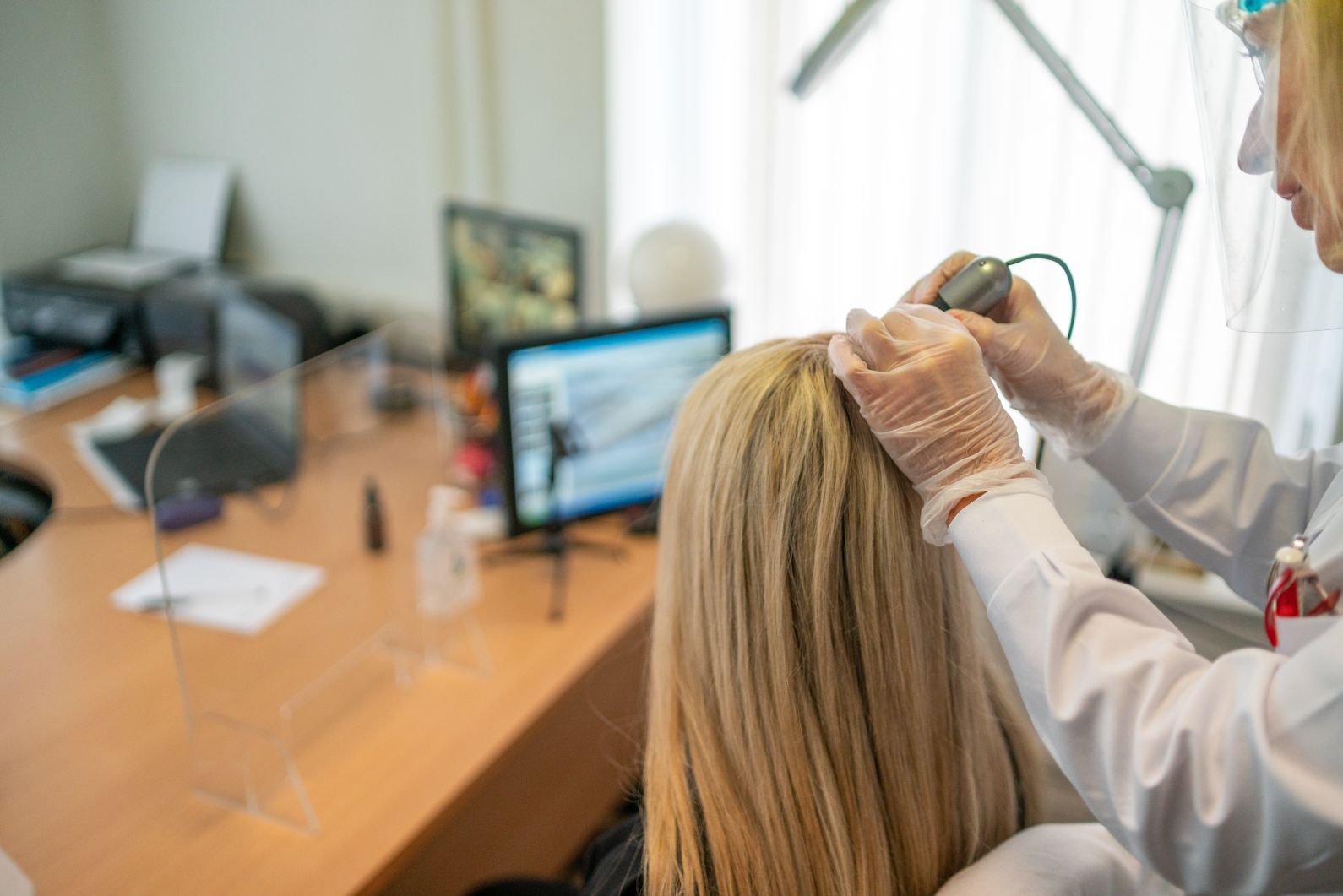You are going to experience alopecia at some point in your life. After all, hair loss is one of the consequences of growing old. Yet, knowing this fact would not make it easier for you to accept your fate when the inevitable happens. This is mainly because your hair is a part of who you are. Losing it is like losing a part of yourself. Most women experiencing hair loss feel the same way, too.
Suffice it to say, coping with alopecia is not easy, especially if you are dealing with sudden hair loss like in alopecia areata. Please know though that, tough as it may be, you can conquer alopecia. All you need to do is to get the help you need. If you are losing your hair due to female pattern baldness, telogen effluvium, alopecia areata or other types of hair loss, listed below are two important things you should do which can help you cope with alopecia better.
See a Hair and Scalp Specialist
When it comes to hair loss, early intervention is the key to stopping it or preventing the condition from worsening. This is why it is highly recommended that you see a specialist the moment you notice telltale signs of hair loss.
Of course, if you want to be properly treated, you need to go to a qualified specialist like a dermatologist or a trichologist. These experts have the know-how, skills and experience needed to diagnose and treat alopecia. But do not just pick any hair specialist you find online. On top of having the necessary qualifications, your chosen dermatologist or trichologist must have a proven track record of successfully treating patients with alopecia. To determine this, you can simply check their website or visit online business directory listings for client reviews.
Also remember that a trusted hair and scalp specialist won’t recommend any treatment without conducting any tests. Oftentimes, the diagnostic process for hair loss involves visual examination of the scalp, interview to get patient’s medical history, blood test and scalp biopsy, amongst others. Meanwhile, the treatments usually involve the use of pills and topical medicines that stop hair loss and promote hair regrowth. Bear in mind, there is no miracle cure for alopecia. It takes at least six months before results are seen.
Join a Support Group
Alopecia can rob you of your self-esteem, your identity. It can make you afraid of socialising and leave you feeling alone. Sometimes, alopecia even leads depression.
The truth, however, is that you are not alone in this journey. There are numerous support groups in Ireland for alopecia sufferers. You can join a group and meet fellow patients with alopecia. Not yet ready for a face-to-face meeting? This is not a problem as there are also websites or fora where you can virtually interact with other hair loss sufferers.
Joining an alopecia support group could greatly help you cope with your condition. In fact, even medical doctors recommend this since it has been noted to significantly improve alopecia sufferers’ disposition.
Basically, these support groups may serve as venues for you to openly discuss your concerns and at the same time, learn from fellow alopecia sufferers. It is a place where you can find people who’d understand what you’re going through and listen to you without judgement. It is also where you’d learn how to rise above the stigma of not having hair and become confident once again.
Want to know how to successfully cope with alopecia? We have specialists who can medically treat your condition and provide the emotional support that you need. Call us at (0)1 6793618 today!



